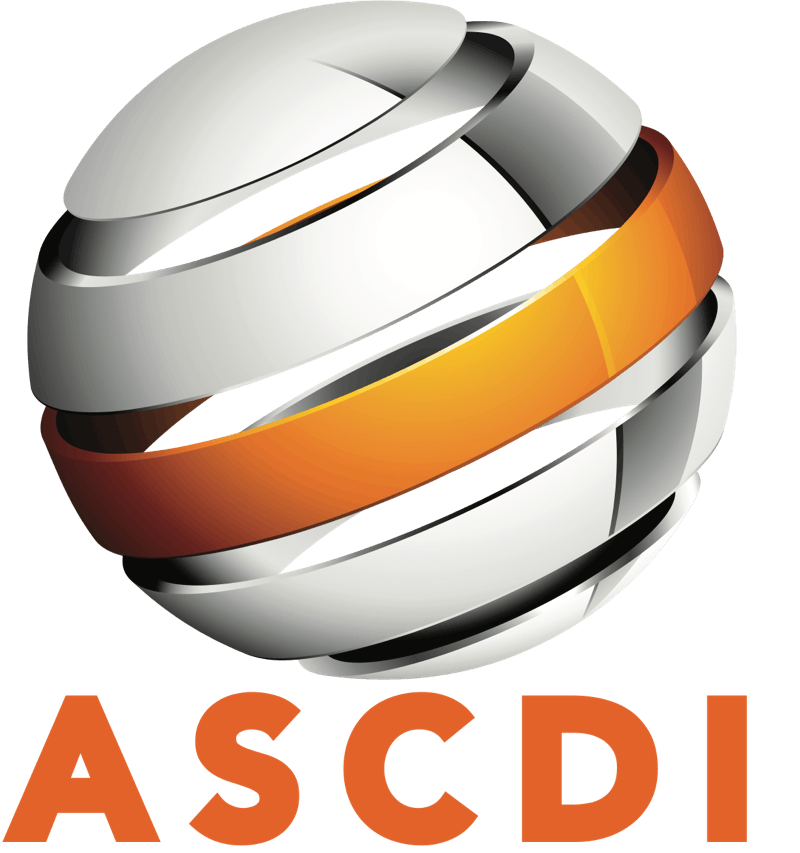EU Coronavirus Resources
European Union
The European Union has passed a series of measures to support member states in responding to Covid-19. Below is a list of European Union financial measures.
Please note that financial aid and fiscal measures are member state-driven, and businesses should submit requests for financial aid or fiscal deferrals to the relevant national ministry (such as Ministries of Labour, Pensions, Economy, Solidarity).
An overview of the European Union’s economic measures can be found at: https://ec.europa.eu/info/live-work-travel-eu/health/coronavirus-/eresponseconomy_en
Financial Relief
The European Commission launched the Coronavirus Response Investment Initiative (CRII), directing EUR 37 billion of European public investment to address three key priorities:
- Healthcare support
- Short time work schemes
- Support to the SMEs’ working capital
The Commission established a Task Force to serve as a one-stop shop for questions by member states on the implementation of the initiative.
The Commission launched an initiative called SURE –
Support mitigating Unemployment Risks in Emergency. This initiative provides up to EUR 100 billion in total to member states in the form of loans to cover the costs of national short-time work schemes (public programmes that allow firms to reduce the working hours while providing income support).
This initiative applies to the self-employed. Businesses requiring funding must go through their member states, which will request financial support through SURE.
The Commission unlocked EUR 1billion from the European Fund for Strategic Investments to serve as guarantee to the European Investment Fund in incentivising local banks and other lenders to provide liquidity to at least 100000 European small and medium enterprises.
Businesses can find lenders and banks through this
portal.
Fiscal Policy
The European Commission has, for the first time ever, activated the
general escape clause of the Stability and Growth Pact, allowing member states to depart from their budgetary requirements that would normally apply under the fiscal framework.
The Commission waived customs duties and VAT on the import of medical devices and protective equipment from third countries.
State Aid
The European Commission implemented the
Temporary Framework for State Aid measures to ensure that sufficient liquidity remains available to businesses. The framework provides five types of aid:
- direct grants (or tax advantages) of up to €800,000 per company
- subsidised State guarantees on bank loans
- public and private loans with subsidised interest rates
- safeguard for banks that channel state aid to the real economy
- short-term export credit insurance
Relevant Government Departments
Belgium
Federal public financial service:
https://finances.belgium.be/fr
Federal public economic service:
https://economie.fgov.be/nl
Federal public service for employment, labour and social dialogue:
https://emploi.belgique.be/
Germany
Federal Ministry of Economic Affairs and Energy:
https://www.bmwi.de/Navigation/DE/Home/home.html
Federal Ministry of Labour and Social Affairs:
https://www.bmas.de/
Federal Employment Agency:
https://con.arbeitsagentur.de/
Italy
Ministry ofEconomy and Finance: http://www.mef.gov.it/
Ministry of Labour and Social Policies:
https://www.lavoro.gov.it/
Netherlands:
Ministry of Economic Affairs and Climate Policy:
https://www.government.nl/ministries/ministry-of-economic-affairs-and-climate-policy
Ministry of Social Affairs and Employment:
https://www.government.nl/ministries/ministry-of-social-affairs-and-employment
Spain
Ministry of Finance:
https://www.hacienda.gob.es/
Ministry of Labour and Social Economy:
http://www.mitramiss.gob.es/
France
Fiscal Measures
All fiscal measures can be found here:
https://www.economie.gouv.fr/coronavirus-soutien-entreprises#
Employers are able to delay their social security contributions of 15 March and 5 April to URSSAF for up to three months.
Employers are also able to delay pension contributions and must coordinate with their relevant pension provider.
Employers can defer the payment of corporate tax without penalty. This can be requested through their portal on
impots.gouv.fr.
Companies can also request to be reimbursed for their March contribution.
The Corporate Property Tax (Cotisation Foncière) can also be suspended on
impots.gouv.fr.
Companies can also request VAT credit refunds. They must apply directly from their portal or an approved intermediate (EDI partner).
Companies can also request direct tax rebates by completing this
form on impots.gouv.fr.
Self-Employed
The social contributions of 20 March and 5 April were not collected. The amount will be spread over the following contributions from April to December). This request can be submitted on the URSSAF website.
Employers can defer the payment of corporate tax without penalty. This can be requested through personal dashboard on
impots.gouv.fr
Self-employed persons can benefit from the deferral of rent payments, water, gas, and electricity bills.
Small Business
Very Small Businesses (Tres Petites Entreprises, TPE) and Small and Medium Businesses (Petites et Moyennes Entreprises, PME) can benefit from the deferral of rent payments, water, gas, and electricity bills.
Solidarity Fund
Details on solidary funds can be found here:
https://www.economie.gouv.fr/files/files/PDF/2020/DP-Fonds_de_solidarite.pdf
Very small businesses with up to 10 employees with revenue inferior to EUR 1 million a year can benefit from up to EUR 1 500 in funds.
Since 15 April, businesses in extreme difficulties can receive between EUR 2 000- 5 000 in funds.
To receive this aid, eligible businesses can submit a request on
impots.gouv.fr
Grants/Loans
Details on state guaranteed loans can be found here:
https://www.economie.gouv.fr/files/files/PDF/2020/dp-covid-pret-garanti.pdf
The government also implemented state guaranteed loans: until 31 December, business of all sizes can apply to their banks for a loan guaranteed by the State to support their cash flow.
No reimbursement will be required the first year; the company may choose to amortize the loan over a maximum period of five years. Businesses must approach their bank directly and obtain a declaration from Bpifrance (France’s national development bank).
In case of difficulty or refusal, the company can contact Bpifrance at:
supportentrepriseattestation-pge@bpifrance.fr.
Partial Unemployment scheme
Under this scheme, businesses reducing their activities and placing their employees on partial employment will pay 70% of gross salary (around 84% of net salary) to their employees. Businesses will be fully reimbursed by the State, for salaries up to EUR 6 927 gross monthly.
A request for partial activity can be filed online on the website
of the Ministry of Labour dedicated to partial unemployment .
